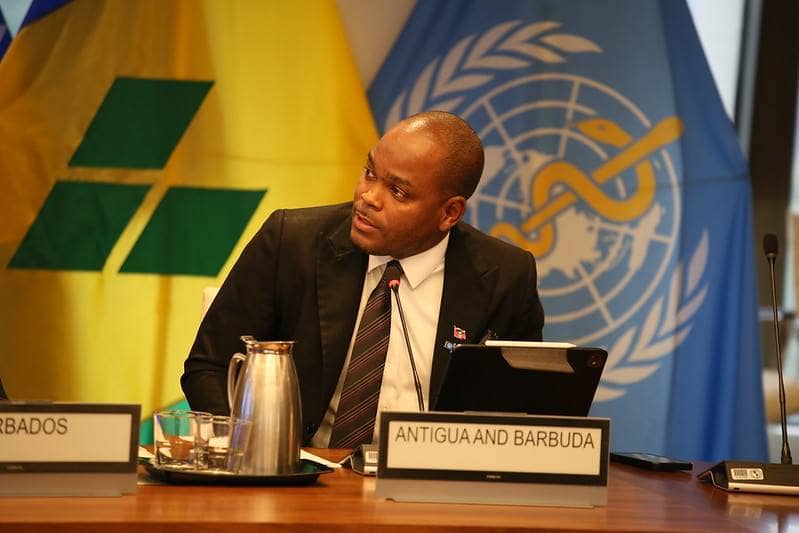Antigua and Barbuda has reaffirmed its dedication to regional health and unity by signing the Multi-Country Cooperation Strategy (MCCS) 2026–2031 for Barbados and the Eastern Caribbean Countries. The signing ceremony, held in Washington, D.C., coincided with the 62nd Directing Council of the Pan American Health Organization (PAHO). Representing the Government of Antigua and Barbuda, Senator Michael Joseph, Minister of State in the Ministry of Health, Wellness, Environment and Civil Service Affairs, formalized the agreement alongside Chief Medical Officer Dr. Kamaria DeCastro. Senator Joseph emphasized the region’s critical juncture, highlighting the dual challenges of non-communicable diseases and infectious threats, exacerbated by climate-related disasters. Despite high life expectancy, health equity gaps persist due to income inequality, vulnerabilities among marginalized groups, and systemic issues like workforce shortages and financing constraints. To address these, governments have bolstered primary health care, advanced national health insurance, and invested in climate-resilient infrastructure. The MCCS outlines five strategic priorities and sixteen deliverables, focusing on equitable resource distribution, sustainable financing, and health data strengthening. The Strategy also symbolizes a renewed commitment to inclusive, people-centered health systems, aligning with PAHO and WHO goals. The signing holds added significance as September marks the anniversaries of several Caribbean nations joining PAHO in the 1980s, reflecting a legacy of regional solidarity. The Ministry of Health extended gratitude to PAHO/WHO and regional partners for their contributions to this forward-looking initiative.
Antigua and Barbuda Signs Multi-Country Cooperation Strategy 2026–2031 with PAHO/WHO
